
Ellen Weintraub, Vice Chair of the FEC, interviewed on IVN Live during the Unrig the System Summit by IVN News, licensed under CC BY-SA 2.0/Original
Yesterday, the internet was roiled by an interview President Trump gave with ABC News’s George Stephanopoulos in which he said that if his campaign were offered derogatory information on an opponent by a foreign source that he’d consider taking it and he probably wouldn’t tell the FBI.
Stephanopoulos: But should he have gone to the FBI when he got that email?
President Trump: Okay, let’s put yourself in a position: you’re a congressman, somebody comes up and says, “Hey I have information on your opponent.” Do you call the FBI?
Stephanopoulos: If it’s coming from Russia you do.
President Trump: You don’t– I’ll tell you what. I’ve seen a lot of things over my life. I don’t think in my whole life I’ve ever called the FBI. In my whole life. I don’t–you don’t call the FBI. You throw somebody out of your office, you do whatever you do—
Stephanopoulos: Al Gore got a stolen briefing book. He called the FBI.
President Trump: Well, that’s different. A stolen briefing book. This isn’t– this is somebody who said, “We have information on your opponent.” Oh, let me call the FBI. Give me a break, life doesn’t work that way.
Stephanopoulos: The FBI Director says that’s what should happen.
President Trump: The FBI Director is wrong. Because, frankly, it doesn’t happen like that in life. Now, maybe it will start happening. Maybe today you think differently. But two or three years ago, if somebody comes into your office with oppo research– they call it oppo research–with information that might be good or bad or something, but good for you, bad for your opponent, you don’t call the FBI. I would guarantee you that 90 percent, could be 100 percent, of the congressmen or the senators over there, have had meetings–if they didn’t they probably wouldn’t be elected– on negative information about their opponent. They don’t–
Stephanopoulos: From foreign countries?
President Trump: Possibly. Possibly. But they don’t call the FBI. You don’t call the FBI every time you hear something that maybe–now, you see the people. The meeting, it also sounds to me–I don’t know anything about that meeting–but it sounds to me like it was a big nothing. That meeting was a big nothing. But I heard about my son, who is a great young man, going to jail over a meeting where somebody said, “I have information on Hillary Clinton.” She’s the one that should be in jail. She deleted 33–
…
Stephanopoulos: Your campaign this time around, if foreigners, if Russia, if China, if someone else offers you information on opponents, should they accept it or should they call the FBI?President Trump: I think maybe you do both. I think you might want to listen, there’s nothing wrong with listening. If somebody called from a country, Norway, “we have information on your opponent.” Oh, I think I’d want to hear it.
Stephanopoulos: You want that kind of interference in our elections?
President Trump: It’s not an interference, they have information. I think I’d take it. If I thought there was something wrong, I’d go maybe to the FBI. If I thought there was something wrong. But when somebody comes up with oppo research, right, they come up with oppo research. Oh, let’s call the FBI. The FBI doesn’t have enough agents to take care of it, but you go and talk honestly to congressmen, they all do it, they always have. And that’s the way it is. It’s called oppo research.
With the amount of wailing a caterwauling that took place on the left and by the NeverTrump goobers, you’d think that the Clinton campaign never used a British national to glean information from members of the Russian intelligence bureaucracy to use to sandbag the Trump campaign in 2016. I kid you not, bags of pus like Rick Wilson went so far as to call it “treason” notwithstanding the fact that the Constitution defines treason as something quite different. As an aside, most of these defenses actually boiled down to “well, the Clinton campaign paid for the information which is fine but the Trump campaign tried to get it for free which is treason.” This is from an actual reporter, you know one of the brave firemen who always run into the burning building in search of clicks, from the Washington Post.
Two key distinctions between Steele and Russia:
1) Paying Christopher Steele is a *legal* campaign *expenditure* — accepting anything of value from a noncitizen is an *illegal* campaign *contribution*
2) Russia was offering *stolen* material to Trumphttps://t.co/BraEUOAIn4
— JM Rieger (@RiegerReport) June 13, 2019
This is from one of the unbiased reporters at Politico:
For those comparing the Trump Tower meeting to Dems hiring Christopher Steele — the *Republican* Russia report noted that it was legal for the campaign to contract with Steele and his company >>> pic.twitter.com/5jOgRrC3MQ
— Kyle Cheney (@kyledcheney) June 13, 2019
Howie Kurtz opines that despite Clinton buying Russian information and laundering it through a Brit spy that what Trump said was uniquely bad:
I know some Trump supporters are saying, “Hey, didn’t Hillary pay for the dossier?” and so on. But whataboutism is not going to change what the president said.
I’m not a Trump-basher. On one level, the media uproar may be an overreaction to what was, after all, a hypothetical back and forth with a journalist. There’s no new evidence, incriminating documents or embarrassing emails about any actual contact with foreign operatives.
In any honest assessment, Trump’s words really can’t be defended. At least, in this case, they are just words.
Today, the chairman of the FEC, an Obama appointee named Ellen Weintraub whose term, by the way, expired in 2007 but whose position is so highly sought that no one has ever been nominated to replace her. The FEC currently only has four of the allowed six members (one Democrat, one independent, two Republicans) and all of the commissioners are serving between 6 and 12 years beyond the expiration of their term. I’m only saying this point out that this opinion comes from a VERY important chairman of a VERY important commission.

To me there are two separate questions here. One is a public relations issue, which is should you let people know that you’ve received opposition research on your opponent from a foreign source? (My answer would be “nah, let’s not do that.”) The second question is whether receiving such oppo is actually illegal.
The focus in the NeverTrump and Democrat world (though let’s face it, there is no longer any real difference between Rick Wilson, The Bulwark staff, and much of legacy conservative media and Kamala Harris) has been on what this letter harps on: getting something of value without declaring it as a campaign contribution. Contrary to the frothing by Weintraub and others, the FEC’s own explainer on the the role foreign nationals may play in elections is a lot less clear than it is being made out to be.
Volunteer activity
Generally, an individual (including a foreign national) may volunteer personal services to a federal candidate or federal political committee without making a contribution. The Act provides this volunteer “exemption” as long as the individual performing the service is not compensated by anyone. The Commission has addressed applicability of this exemption to several situations involving volunteer activity by a foreign national, as explained below.
In AO 2014-20 (Make Your Laws PAC), the Commission concluded that a political action committee could accept assistance from a foreign national in developing intellectual property for the PAC, such as trademarks, graphics, and website design because the services accepted by the PAC would fall under the volunteer exemption. Similarly, in AO 2004-26 (Weller), the Commission held that a foreign national could attend, speak at campaign events for a federal candidate, and solicit contributions to the campaign. However, the Commission cautioned that the foreign national could not manage or participate in any of the campaign committee’s decision-making processes. See also AOs 2007-22 (Hurysz) and 1987-25 (Otaola).
In MUR 5987, the Commission examined a situation in which a foreign national provided an uncompensated musical concert performance as a volunteer for a federal candidate’s campaign as part of a fundraising event. The candidate’s campaign had paid all of the costs of hosting the concert, including the rental of the venue and equipment and providing security. The performer had merely provided his uncompensated volunteer services to the campaign and had not participated in any of the campaign’s decision-making. Based on these facts, the Commission found no reason to believe that the foreign national or the federal candidate’s committee had violated the Act’s foreign national prohibition.
When Robert Mueller’s partisan Democrats were searching for any reason to penalize anyone in the Trump campaign for anything, they looked at the famous Trump Tower meeting that has been widely mischaracterized by people like Adam Schiff and David French. Here a British citizen set up a meeting with Donald Trump, Jr., Jared Kushner, Paul Manfort, and others with a Russian lawyer who allegedly had undefined “dirt” on Clinton. Nothing happened and it looks more and more like the meeting itself was simply an information operation conducted to create the appearance of Russian influence in the Trump campaign (the Russian had been barred from entering the US but somehow got special permission for this occasion…how did that happen?). But this is how Mueller described the legalities in his report (Volume I, page 187).
These authorities would support the view that candidate-related opposition research given to a campaign for the purpose of influencing an election could [my emphasis] constitute a contribution to which the foreign-source ban could apply. A campaign can be assisted not only by the provision of funds, but also by the provision of derogatory information about an opponent. Political campaigns frequently conduct and pay for opposition research. A foreign entity that engaged in such research and provided resulting information to a campaign could exert a greater effect on an election, and a greater tendency to ingratiate the donor to the candidate, than a gift of money or tangible things of value. At the same time, no judicial decision has treated the voluntary provision of uncompensated opposition research or similar information as a thing of value that could amount to a contribution under campaign-finance law. Such an interpretation could have implications beyond the foreign-source ban, see 52 U.S.C. § 30116(a) (imposing monetary limits on campaign contributions), and raise First Amendment questions. Those questions could be especially difficult where the information consisted simply of the recounting of historically accurate facts. [emphasis mine] It is uncertain how courts would resolve those issues.
The bottom line here is that Weintraub’s memo is simply part of the narrative building to aid in an attack on President Trump. She attempts to claim that getting foreign opposition research for free is illegal when even such an anti-Trump group as Mueller’s investigators don’t think that is the case. Weintraub is also the head of a toothless agency that can’t really act and which became so hyper-politicized that no one wants to give it any power.
There is a real public relations issue here in how the public perceives receiving oppo from foreigners but there doesn’t seem to be any actual clear legal issue. Had there been Mueller would have indicted the Trump Tower meeting attendees for conspiracy to violate campaign finance laws.
=========
=========
Like what you see? Then visit my story archive.
Follow @streiffredstate
I’m on Facebook. Drop by and join the fun there.
=========
=========


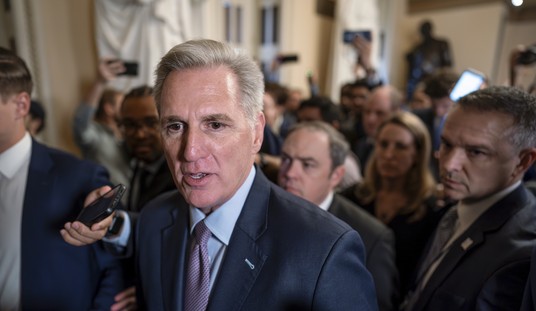

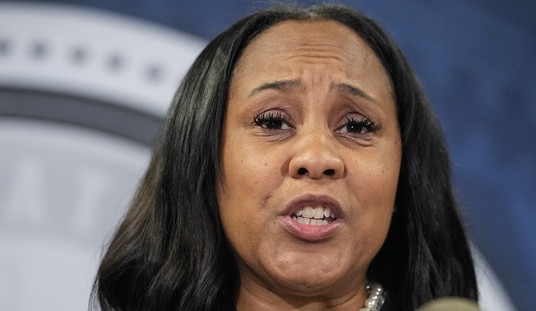
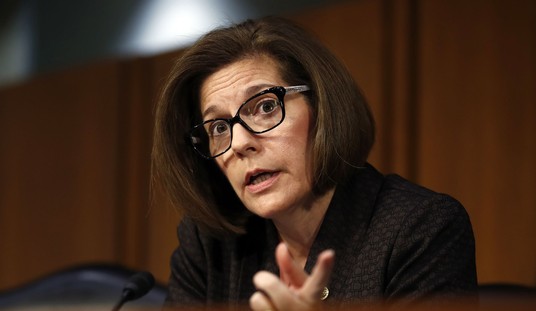
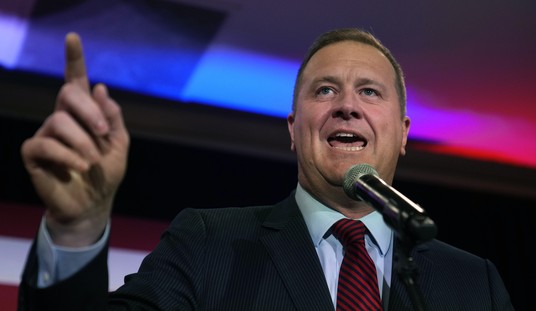


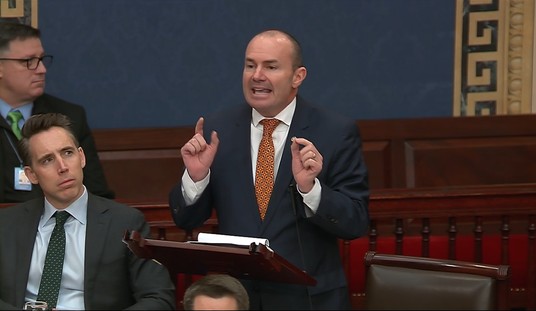
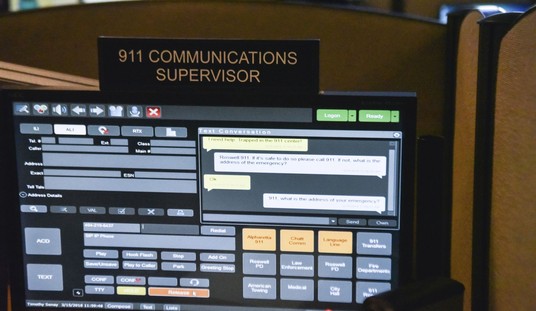
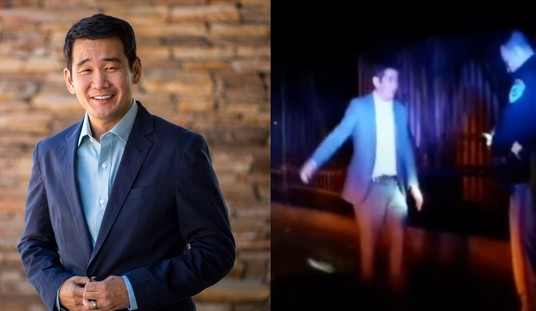


Join the conversation as a VIP Member